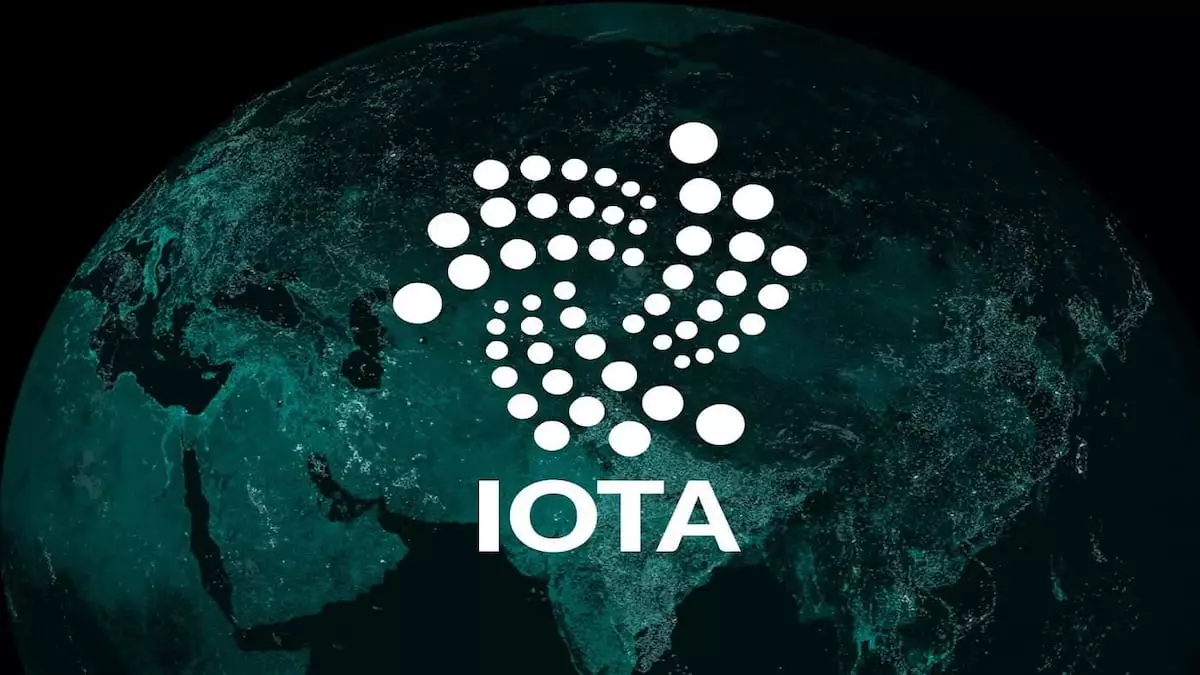The IOTA Foundation’s Web3 Identification Solution has been selected for the prestigious European Blockchain Sandbox program, marking a significant advancement in the realm of Know-Your-Customer (KYC) procedures and privacy within the Web3 space. This decision holds immense importance in triggering discussions around regulatory considerations related to KYC and privacy, especially as decentralized finance (DeFi) gains more attention from regulatory bodies.
In 2023, the European Commission unveiled the European Blockchain Sandbox, a controlled environment designed for testing and validating new distributed ledger technology (DLT) solutions. This initiative aims to foster collaboration with regulators across the EU, enabling thorough evaluation of innovative projects within a supportive framework. Each cohort, comprising a maximum of 20 projects, is meticulously chosen based on criteria such as maturity, legal and regulatory relevance, and alignment with the EU’s broader policy objectives.
The IOTA Foundation, in collaboration with walt.id, IDnow, Bloom Wallet, and HAVN, has developed the Web3 Identification Solution to revolutionize outdated KYC processes. Traditional KYC methods have been criticized for being inefficient, costly, and posing privacy risks. This innovative solution leverages DLT and tokenization to provide a more streamlined, secure, and privacy-centric approach to verifying identities. The identification process commences with remote verification conducted by IDnow, a reputable identity verification platform in Europe that complies with EU Anti-Money Laundering (AML) and KYC regulations.
Once verified, the identity data is encrypted through walt.id and stored as a soulbound token within the Bloom Wallet. This token can be used on various Web3 applications to authenticate the user’s identity without divulging personal information, significantly enhancing security and granting users greater control over their private data. The HAVN Network offers an exclusive EVM-compatible KYC chain architecture linked to the Shimmer network, ensuring compliance with regulations and facilitating seamless interchain communication and transaction validation.
Significance of the Web3 Identification Solution in the European Blockchain Sandbox
The selection of IOTA’s Web3 Identification Solution for the European Blockchain Sandbox represents a major achievement that sets the stage for crucial regulatory conversations regarding KYC and privacy in the Web3 sphere. This progress is particularly significant as DeFi emerges as a focal point for regulators. By tokenizing and securely storing identity data, the solution enables a seamless and reusable KYC process, reducing the need for redundant identity verifications and enhancing user satisfaction.
This initiative aligns with broader European initiatives to enhance digital identity verification. The forthcoming European Digital Identity (EUDI) regulation, scheduled for implementation in May 2023, mandates member states to offer at least one EU digital identity wallet to all residents or citizens by 2026. These digital wallets will facilitate the secure signing and storage of various documents, marking a significant step towards digitizing identity verification.
In addition to the Web3 Identification Solution, the IOTA ecosystem has also benefited from a partnership with Pyth Network. This collaboration seamlessly integrates Pyth’s oracle services into the IOTA EVM, enhancing data precision and protection for decentralized exchanges (DEXs), lending protocols, and derivatives platforms. With Pyth Network providing real-time price updates at a frequency of multiple times per second, their services benefit numerous applications and blockchains, ensuring continuous access to reliable data.
IOTA’s Web3 Identification Solution exemplifies the industry’s current drive to establish robust digital identity solutions in the rapidly expanding digital landscape. The Open Network’s palm scanning technology, which rewards individuals with Toncoin (TON) tokens for verifying their identity, serves as another testament to this trend. The implementation of IOTA’s Web3 Identification Solution in the European Blockchain Sandbox showcases the innovative mindset of the IOTA Foundation and its partners in overhauling identity verification for the Web3 realm.
As the industry progresses, solutions like the Web3 Identification Solution will play a crucial role in shaping the future of digital identity verification and regulatory compliance. This progress not only fosters regulatory dialogues but also establishes a groundwork for heightened user privacy and security in online transactions. The recognition and implementation of such innovative solutions are instrumental in steering the digital identity landscape towards a more secure and efficient future.
















Leave a Reply